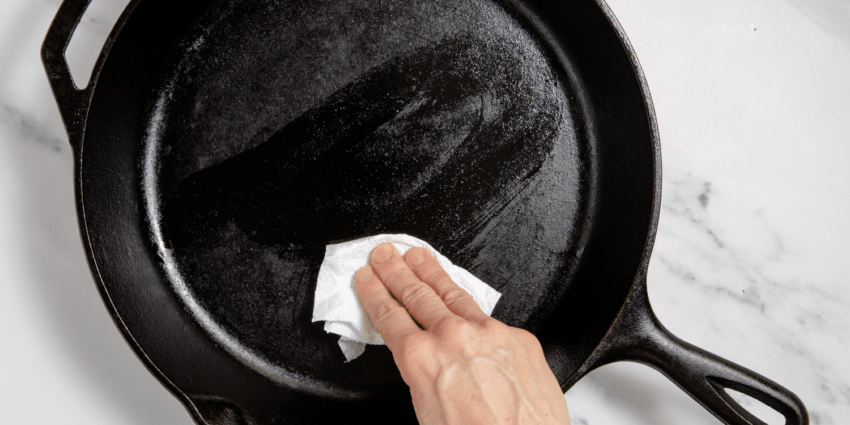Dealing with bugs in and around our homes can be quite a nuisance. While commercial insecticides are readily available, many people prefer to use homemade sprays to control bugs due to concerns about chemicals and their potential effects on health and the environment. In this article, we will explore various homemade sprays that can effectively kill bugs while offering a natural and safe alternative.
Understanding Homemade Bug Sprays
Homemade bug sprays are made from readily available ingredients found in most households. These sprays are typically composed of natural substances that have insecticidal properties. By using these ingredients, you can create your bug-killing concoctions without relying on harsh chemicals. Discover does clove oil kill bed bugs?
Essential Oils for Bug Control
Essential oils have gained popularity as natural bug repellents due to their pleasant aromas and insecticidal properties. Oils such as citronella, peppermint, eucalyptus, and tea tree oil repel many insects. To create a homemade spray, combine a few drops of the desired essential oil with water in a spray bottle. Shake well and spray in areas where bugs are present.
Vinegar as a Natural Insecticide
Vinegar, a common household ingredient, can also be used as an effective bug spray. The acetic acid present in vinegar acts as a natural insecticide. Create a vinegar spray by mixing equal parts of vinegar and water. This solution can be sprayed directly onto insects or surfaces where bugs likely gather.
Garlic and Pepper Sprays
Garlic and pepper sprays are known to be effective against various pests. To make a garlic spray, blend several garlic cloves with water and strain the mixture. Dilute the liquid with additional water and pour it into a spray bottle. Pepper spray can be made by mixing hot pepper flakes or powder with water and a small amount of liquid soap. These sprays can target bugs directly or spray around entry points and infested areas.
Neem Oil for Bug Repellent
Neem oil, derived from the neem tree, has insecticidal properties and is commonly used in organic gardening. It disrupts the life cycle of insects and acts as a repellent. Mix a small amount of neem oil with water and a few drops of liquid soap to create a neem oil spray. Shake well before use and spray directly on bugs or infested plants.
Soap-Based Bug Sprays
Soap-based bug sprays are simple yet effective solutions for controlling bugs. Mix a few teaspoons of liquid dish soap with water in a spray bottle. The soap acts as a surfactant, breaking down the protective coating of insects and causing dehydration. Spray the solution directly on bugs or affected areas to eliminate them.
Using Diatomaceous Earth
Diatomaceous earth is a fine powder made from the fossilized remains of diatoms. It is a natural and non-toxic substance that can be used as an insecticide. Diatomaceous earth works by dehydrating insects and damaging their exoskeletons. Apply a thin layer of diatomaceous earth around the areas where bugs are present or directly on insects to control their population.
Citrus-Based Sprays
Citrus fruits like lemons and oranges contain natural compounds that can repel bugs. To create a citrus-based spray, boil water and add sliced citrus fruits. Allow the mixture to steep overnight. Strain the liquid and transfer it to a spray bottle. Spray the solution in areas where bugs are a problem.
Herbs and Plants as Bug Deterrents
Certain herbs and plants have bug-repelling properties and can be used to deter pests. Mint, basil, lavender, and rosemary are examples of plants that bugs tend to avoid. Planting these herbs around your home or using them in homemade sprays can help repel bugs naturally.
A Word of Caution
While homemade bug sprays can be effective and eco-friendly alternatives, it’s essential to use them cautiously. Some insects may be more resistant to natural sprays, and certain concentrations or combinations of ingredients may cause harm to plants or pets. Testing homemade sprays on a small area before applying them extensively is recommended.
Conclusion
Homemade bug sprays provide a safe and natural way to control pests in and around your home. You can create bug-killing concoctions by using readily available ingredients and following the recipes mentioned in this article. There are plenty of options, whether it’s essential oils, vinegar, garlic and pepper sprays, neem oil, soap-based sprays, diatomaceous earth, citrus-based sprays, or herb-infused solutions. Take the necessary precautions, experiment with different recipes, and find the most effective homemade spray for your bug control needs.
FAQs
- Are homemade bug sprays as effective as commercial insecticides?
Homemade bug sprays can be effective against a wide range of bugs, but their effectiveness may vary depending on the specific insect and the concentration of ingredients used. It’s recommended to test different sprays and adjust the formulations to achieve the desired results.
- Can homemade bug sprays harm plants or pets?
Certain concentrations or combinations of ingredients in homemade bug sprays can harm plants or pets. It’s important to be cautious and test the spray on a small area before applying it extensively. Monitor the effects and discontinue use if any adverse reactions occur.
- How often should I apply homemade bug sprays?
The frequency of application depends on the severity of the bug infestation and the effectiveness of the spray. It’s advisable to reapply the spray every few days or after rain to maintain its potency.
- Can I use homemade bug sprays indoors?
Yes, homemade bug sprays can be used indoors. However, ensure proper ventilation and avoid spraying directly on sensitive surfaces or food preparation areas. Targeting the spray on bugs or areas where they congregate is best.
- Are homemade bug sprays safe for the environment?
Homemade bug sprays typically use natural ingredients, making them safer than chemical-based insecticides. However, it’s important to use them responsibly and avoid excessive use to minimize any potential environmental impact.





